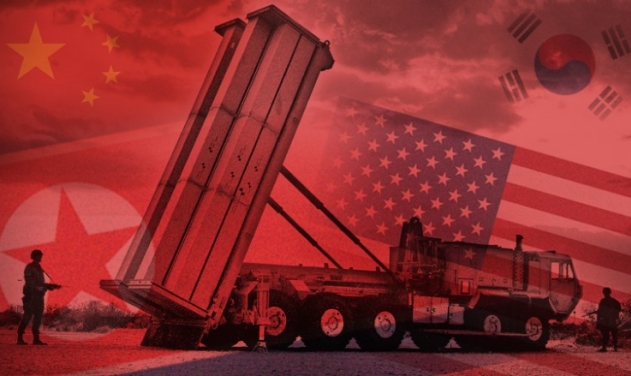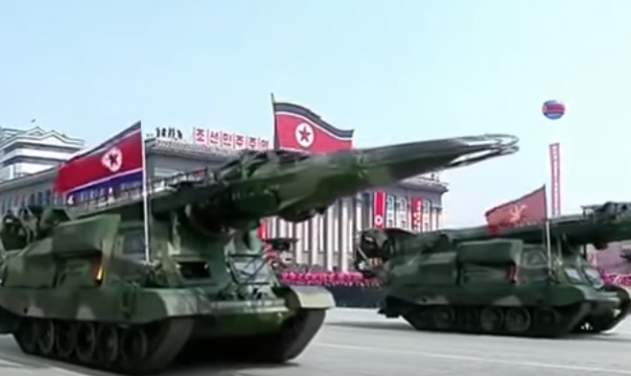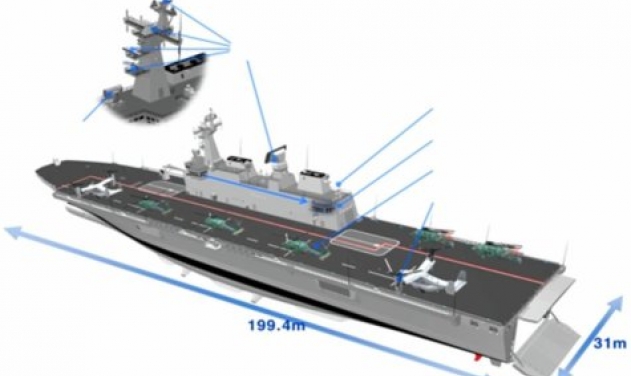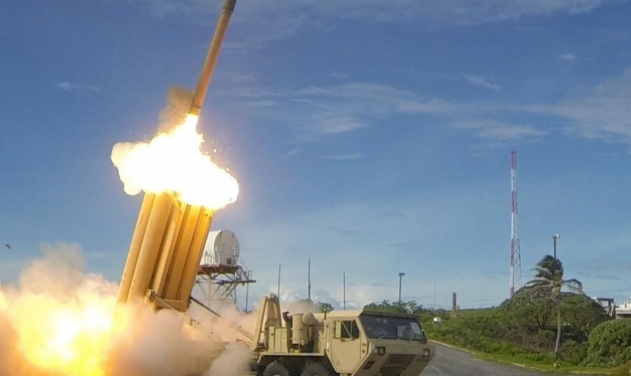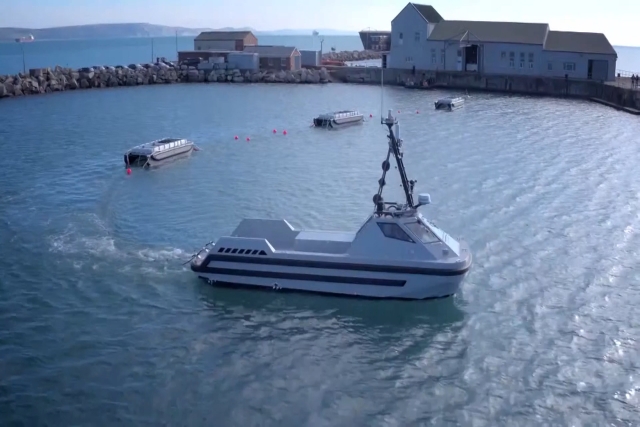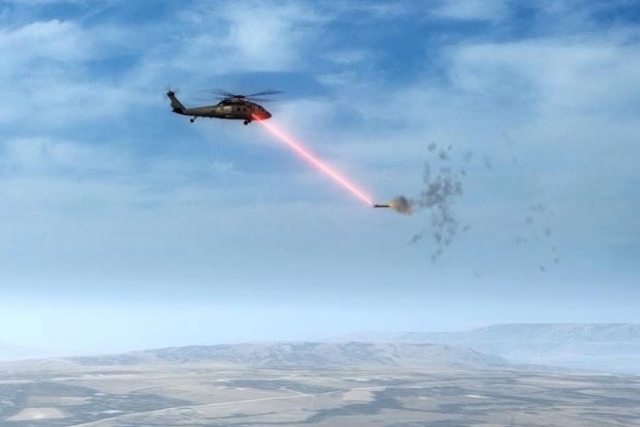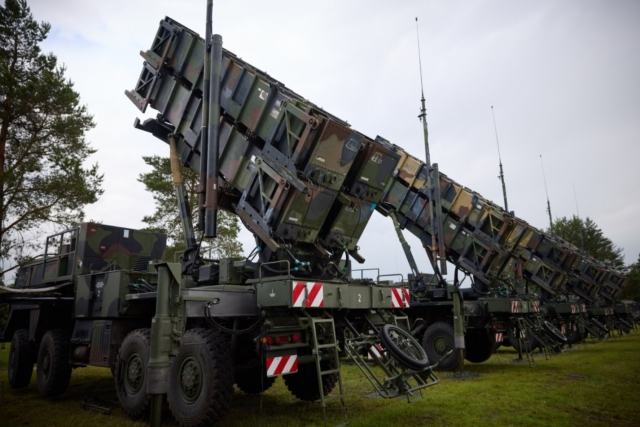US Cyber Attacks, Sabotage Behind North Korea’s Missile launch Failures?
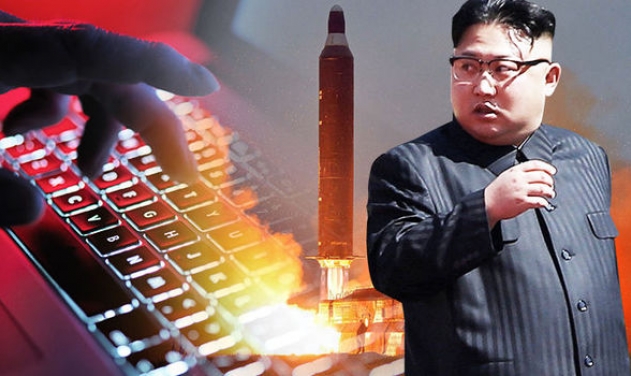
Fingers are being pointed at the US’s cyber-warfare capability for North Korea’s repeated missile launch failures.
A missile test soon after Pyongyang threatened “nuclear justice” against the US ended in failure on Saturday similar to an earlier failure on April 14.
When asked on Saturday about the implementation of US hacking tools to limit the effectiveness of Pyongyang's missile program, US President Donald Trump said, "I'd rather not discuss it. But perhaps they're just not very good missiles."
"If you think that war is possible with a given state, you're going to be trying to prepare the battlespace for conflict. In the internet age, that means hacking," cybersecurity expert Ken Geers was quoted as saying by Sputnik news Sunday.
Other analysts point out that North Korea’s computer networks are isolated and a ballistic missile does not need to be networked with ground systems as once the missile is launched, it follows a pre-set trajectory with little or no possibility of any electronic interference.
However, given the extent of US expertise in cyber-warfare, as was demonstrated against the Iranian nuclear program using the Stuxnet computer virus which halted the Iranian nuclear reactor’s centrifuge, the long arm of American gunboat diplomacy goes far.
Another reason could be sabotage of North Korea’s missile program. America’s steadfast ally, South Korea is said to have made deep intrusions in the North’s military through the defector network. In the past, Pyongyang has spoken about defeating ‘spies from the American puppet state’ (its euphemism for South Korea) from carrying out operations inside its territory.
The North’s missile program is said to be helped by China when relations between the two countries were cosier than now. However, Chinese media, Global Times said last week that the North’s missile test failure showed that the country's missile technology was not mature, and that the missile-launching vehicle paraded on the ‘Day of the Sun’ not long ago is likely to have been a mock-up.
In addition, the presence of a flotilla of American ships off the Korean peninsula with specialized monitoring systems tells its own story. It is significant to not that the missile failure was first announced to the world by the US Pacific command. A North Korean missile “blew up almost immediately” on its test launch on Sunday (7.21 AEST), the US Pacific Command said in a statement. Are they carrying equipment to intercept missiles electronically?
